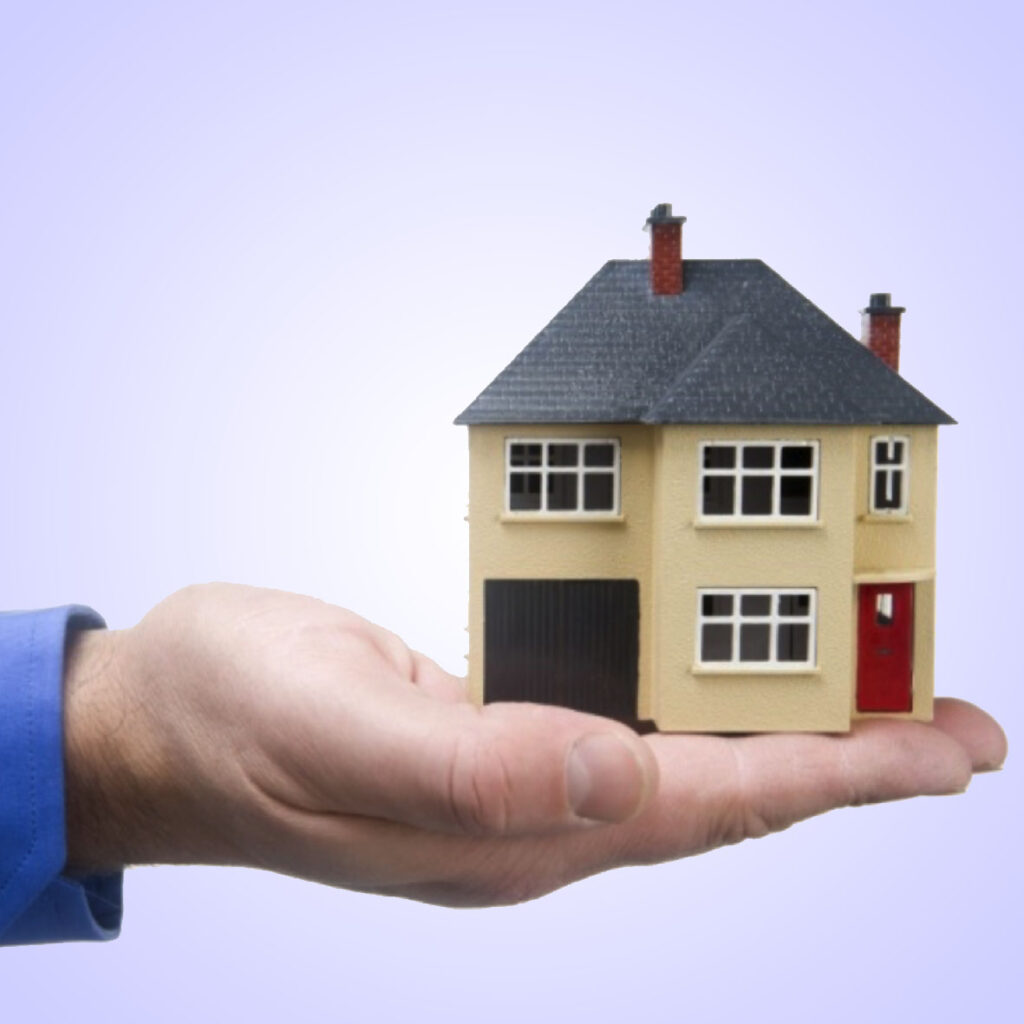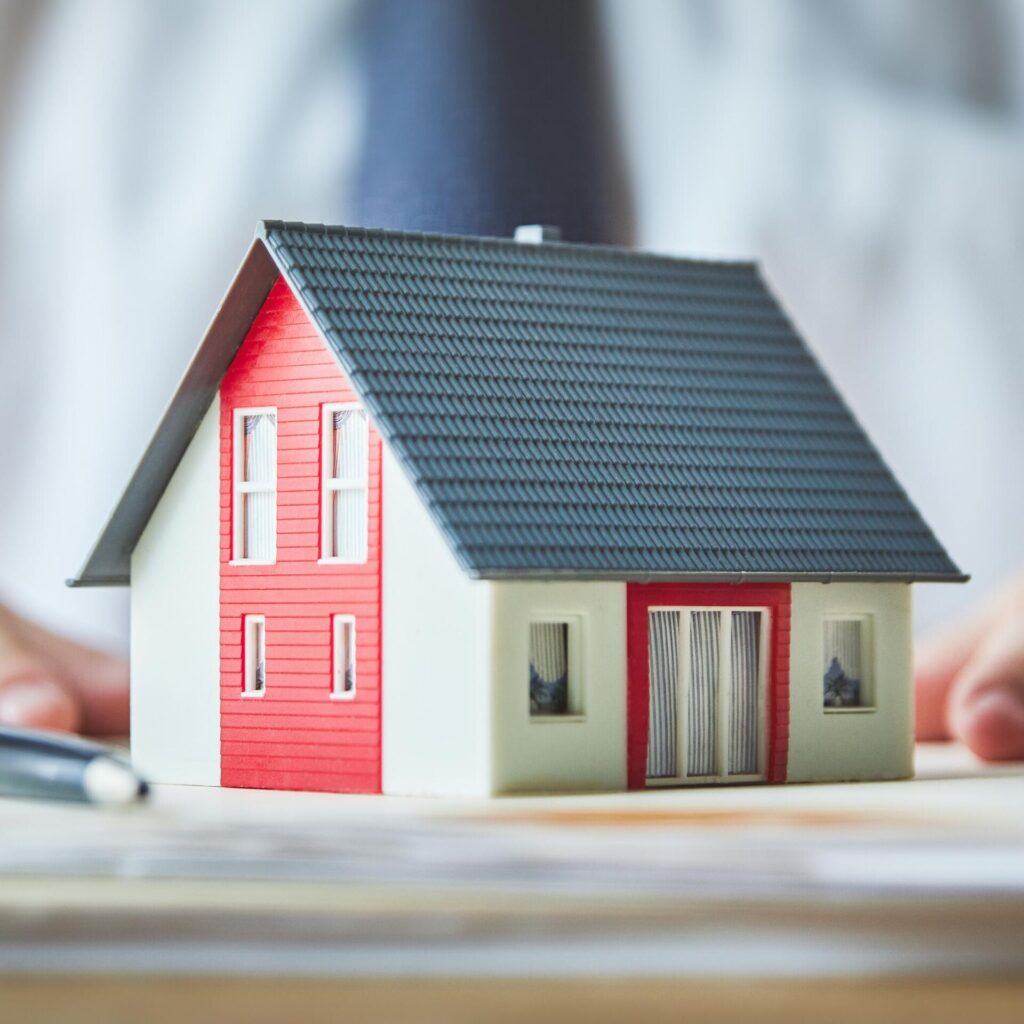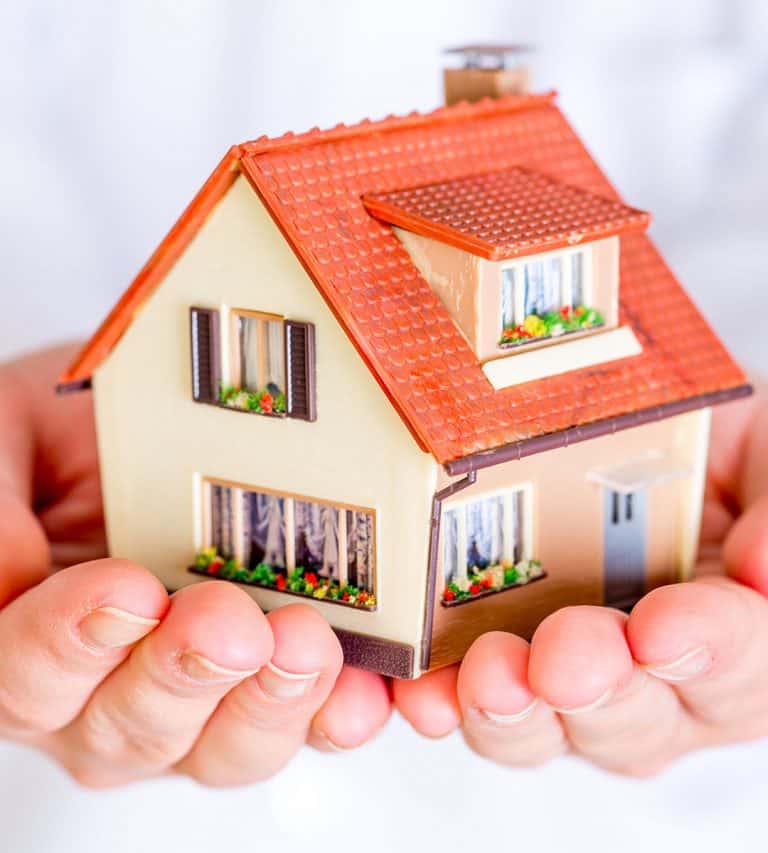
Unoccupied House Insurance: What You Need To Know?

Unoccupied House Insurance: What You Need To Know?
Having a property comes with many obligations, including ensuring it is suitably guarded. If your house is vacant for an extended period, a typical home insurance policy could not cover enough. Unoccupied house insurance is essential to protecting your investment, whether you’re leaving your house empty from an extended vacation due to property sale delays, renovations, or because it is a second residence. This kind of insurance is primarily meant to handle the hazards connected to empty homes, including structural damage, theft, and vandalism. This article will explore the value of empty house insurance, what it covers, how to select the correct policy, and other crucial elements to enable you to decide with knowledge.
Understanding Unoccupied House Insurance
A specialist policy called “unoccupied house insurance” covers damage should a residence be left empty for a long time. Depending on the provider, standard house insurance policies are usually void if a property stays empty for more than thirty to sixty days. This is so because empty homes are more likely to be damaged or subject to crime, according to insurance. Regular occupants help prevent little problems like leaks or electrical faults from going undetectable and turning into major ones requiring expensive repairs.
Unoccupied house insurance fills this void by providing coverage catered to the hazards of leaving a property empty. Depending on your particular requirements, these plans can be long-term or temporary. They also give peace of mind knowing that your house is guarded even in the absence of someone to monitor it.

Why Do You Need Unoccupied House Insurance?
Several situations could call for vacant house insurance. Knowing these factors will help you decide whether you require this specific coverage.
- Extended Travel: Your house can be empty for a long time, whether your trip is for business, working overseas, or an extended holiday.
- Property Sale Delays: Should you have relocated to a new house but are still waiting to sell your previous one, it could be empty for months.
- Renovations And Repairs: Major renovations could call for you to leave the property temporarily, raising your risk of weather-related problems, vandalism, or accident damage.
- Inheritance and Probate: Having insurance is crucial whether you inherit a house and it stays empty during legal processes or while you decide what to do with it.
- Second Homes And Vacation Properties: Unoccupied house insurance guarantees that if you own a second house or holiday property only used periodically, it stays safe when unused.

What Does Unoccupied House Insurance Cover?
Provider and policy determine coverage. However, most unoccupied house insurance policies have:
- Theft and Vandalism: Vacant homes are prime targets for burglars and vandals. This coverage ensures you are compensated for any losses or damages caused by criminal activities.
- Fire and Smoke Damage: Fires can break out due to electrical or other issues. This insurance covers repair or rebuilding costs.
- Flooding and Water Damage: If left unchecked for weeks or months, burst pipes and water leaks can cause extensive damage.
- Storm and Weather Damage: Harsh weather conditions can cause roof damage, broken windows, and other structural problems.
- Liability Protection: If someone trespasses on your property and gets injured, you may be liable. Liability coverage helps protect against legal and medical expenses.
- Squatter Protection: Sometimes squatters illegally inhabit an empty house, resulting in expensive legal disputes to recover your property.
How To Choose The Right Unoccupied House Insurance Policy?
Selecting the appropriate policy calls a thorough examination of many elements. These salient features should help you to bear in mind:
- Coverage Limits and Exclusions: Ensure you understand what is covered and any exclusions in the policy. Some insurers may not cover certain damages, such as those caused by neglect or lack of maintenance.
- Policy Duration: Some policies offer coverage for a fixed period, such as three, six, or twelve months. Choose one that aligns with your specific needs.
- Security Requirements: Some insurers require that the home has security measures, such as burglar alarms, CCTV cameras, or regular inspections.
- Cost and Premiums: Unoccupied house insurance costs vary depending on location, property value, and security measures. Comparing quotes from different providers can help you find the best deal.
- Additional Coverage Options: Certain companies provide optional add-ons, including coverage for legal bills in case of conflict, outbuildings, or garden equipment.
Tips For Protecting Your Unoccupied Home
Even with insurance in place, being proactive in guarding your empty home can help lower your premiums and risk.
- Regular Inspections: Arrange for a trusted neighbor, friend, or professional service to check the property regularly.
- Maintain the Property: Keep the lawn trimmed, clear mail from the mailbox, and ensure the house looks lived-in to deter potential burglars.
- Install Security Measures: Motion-activated lights, security cameras, and alarm systems can deter criminals.
- Turn Off Utilities: Turn off the water supply and unplug unnecessary appliances to reduce fire and water damage risks.
- Inform Your Insurance Provider: Keep your insurer informed about any changes in occupancy to avoid voiding your policy.


Conclusion
Vacant house insurance is vital for homeowners who keep their houses empty for long periods. Standard home insurance policies might not cover enough, so you run the danger of being liable, having weather damage, and being subject to robbery or vandalism.
Investing in the correct empty house insurance coverage can help you to have peace of mind, knowing that your property is safeguarded regardless of the length of vacancy.
Further improvements in protection include routine inspections and security system installation.
Whether trips, renovations, or delays in property sales have left your house empty, having the correct insurance guarantees you won’t be caught off guard by unanticipated events.
FAQ
This means there are no people or personal items within the property. This is typical of an empty unfurnished rental property, waiting to be let. Whilst the term “unoccupied” should be used to describe a property which contains possessions as if the residents were to return at any time.
In insurance terms, vacant and unoccupied mean two different things. An unoccupied property remains furnished, even though nobody is currently living there. A vacant property is not lived in often because it’s not fit for habitation and has no contents or personal belongings inside it.
Firstly, after 30 days unoccupied, most home insurance policies are void, so the homeowner would need an empty home insurance policy to protect against theft or damage. Many empty home insurance policies will also expect the home to be inspected regularly, water and electricity to be switched off and more.

